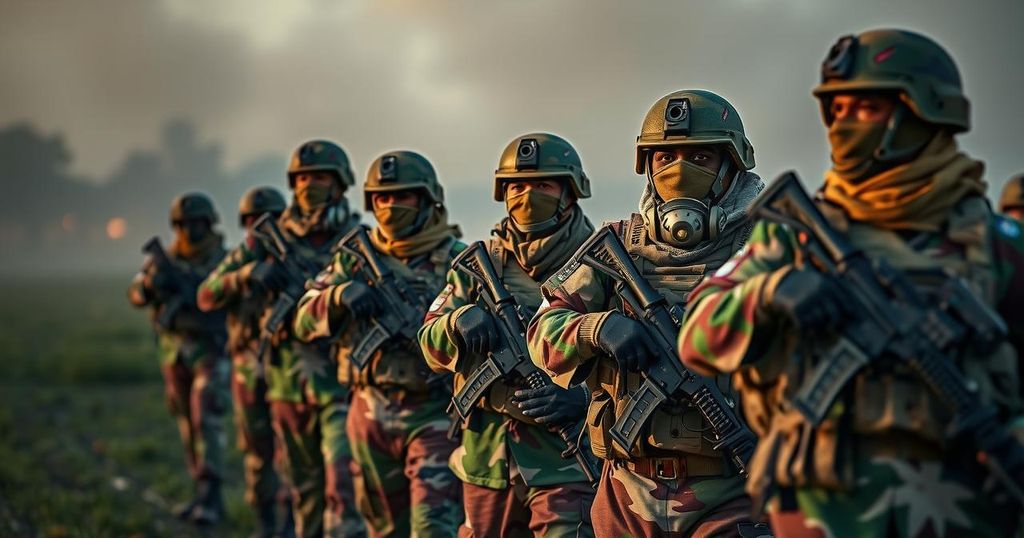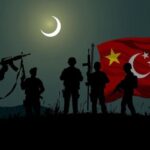The Sudanese Army’s Offensive: Regaining Control in the Ongoing Civil War
The Sudanese army has launched an offensive to regain control of Khartoum from the RSF, which has dominated the city since April 2023. Initial successes were reported, but allegations of human rights abuses by the army have emerged. The conflict may reshape the power dynamics in both Khartoum and the critical Darfur region as the army attempts to leverage its military advances for negotiations.
The conflict in Sudan has escalated into a fierce battle for control between the national army and the paramilitary Rapid Support Forces (RSF), particularly over the capital city of Khartoum and the Darfur region. Since the outbreak of war in April 2023, the RSF has maintained dominance over Khartoum, capitalizing on the chaos to establish control and perpetrate widespread violence against civilians. Reports indicate that the RSF’s actions have resulted in significant suffering for those who remain in the city, including instances of sexual violence and arbitrary detentions among the population. As of September 26, 2023, the Sudanese armed forces initiated a decisive offensive aimed at reclaiming Khartoum, reportedly managing to recapture key territories including strategic bridges that had been under RSF siege. This military action has garnered a mixed response from the civilian population. While some residents express relief and hope for stability under the military’s advance, there are serious allegations regarding human rights abuses committed by the army as it retaliates against suspected RSF affiliates. Experts suggest that the army’s efforts are not merely about territorial gains but may also be strategically aimed at positioning itself for future peace negotiations, where control of Khartoum could enhance its bargaining power. Despite recent successes, analysts remain cautious, noting that the army has yet to fully consolidate its control over the capital or the broader Darfur region, where the RSF continues to face resistance. As violence escalates in other areas such as North Darfur, humanitarian organizations have sounded alarms about the dire conditions faced by civilians, with internal displacement rates surging and access to aid severely limited. In conclusion, the ongoing struggle between the Sudanese army and the RSF will likely determine the conflict’s trajectory, with implications for both urban centers like Khartoum and rural regions like Darfur. The complexities of tribal affiliations and warfare dynamics will further challenge efforts toward resolution and stability.
The ongoing conflict in Sudan is characterized by a power struggle between the national army and the paramilitary group known as the Rapid Support Forces (RSF). Since the war erupted in April 2023, the RSF has seized control of significant territories, most notably the capital, Khartoum. This situation has resulted in substantial human rights violations, including reports of violence and repression against civilians. The dynamics of the conflict are further complicated by the RSF’s historical ties to certain tribal groups in Darfur, which has implications for the military strategies and potential peace negotiations currently unfolding. Understanding these factors is crucial to comprehending the broader implications of the ongoing hostilities and the crisis faced by civilians caught in the crossfire.
In summary, the Sudanese army is engaged in a significant offensive aimed at reclaiming Khartoum from the paramilitary RSF, with implications for both military strategy and future negotiations. The offensive has elicited mixed reactions from the civilian population, who have experienced both relief and ongoing risks of violence. The situation remains fluid, with experts and humanitarian organizations closely monitoring developments on the ground, indicating that the outcome of this battle may have far-reaching consequences for stability in Sudan.
Original Source: www.aljazeera.com








Post Comment